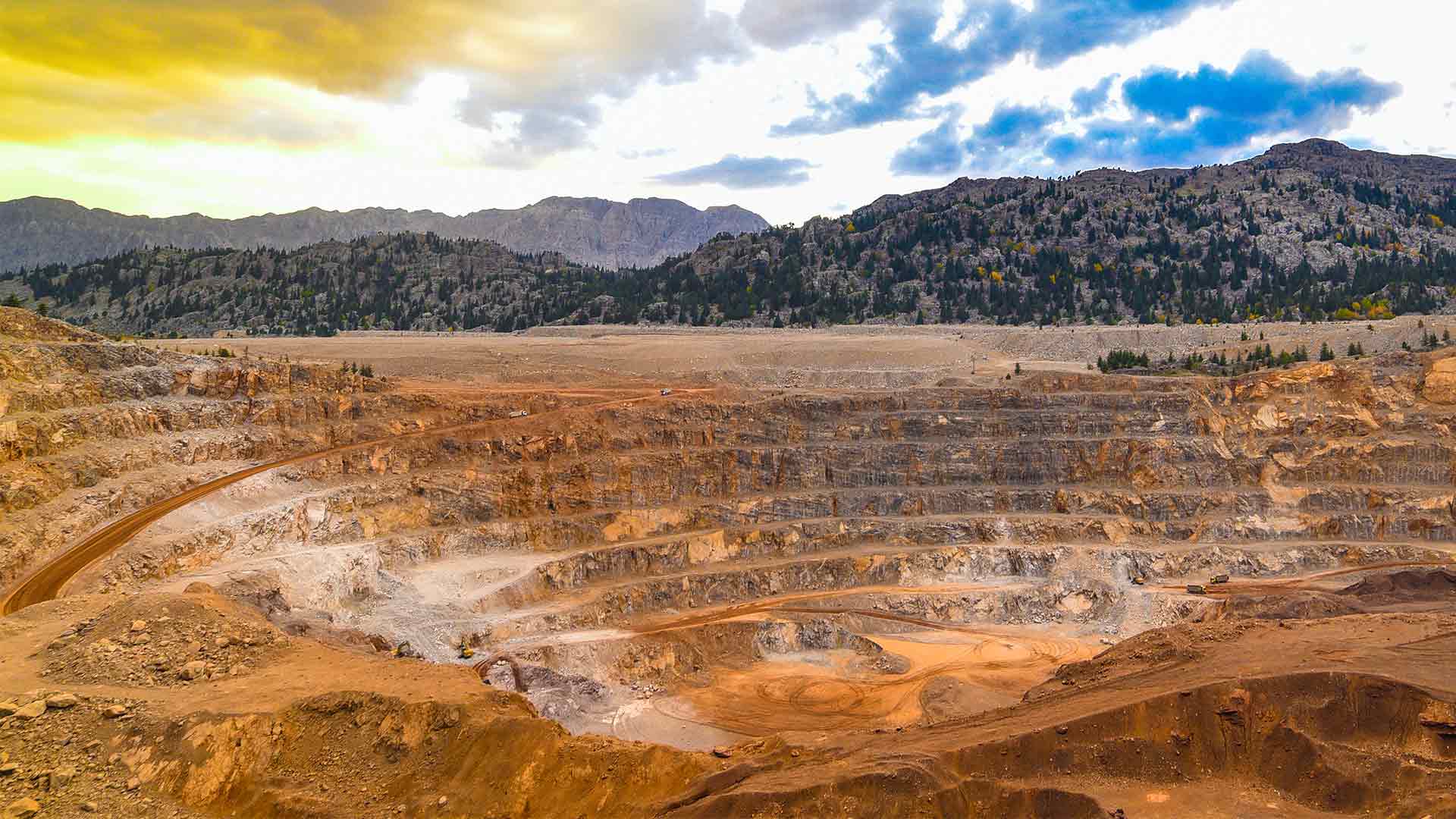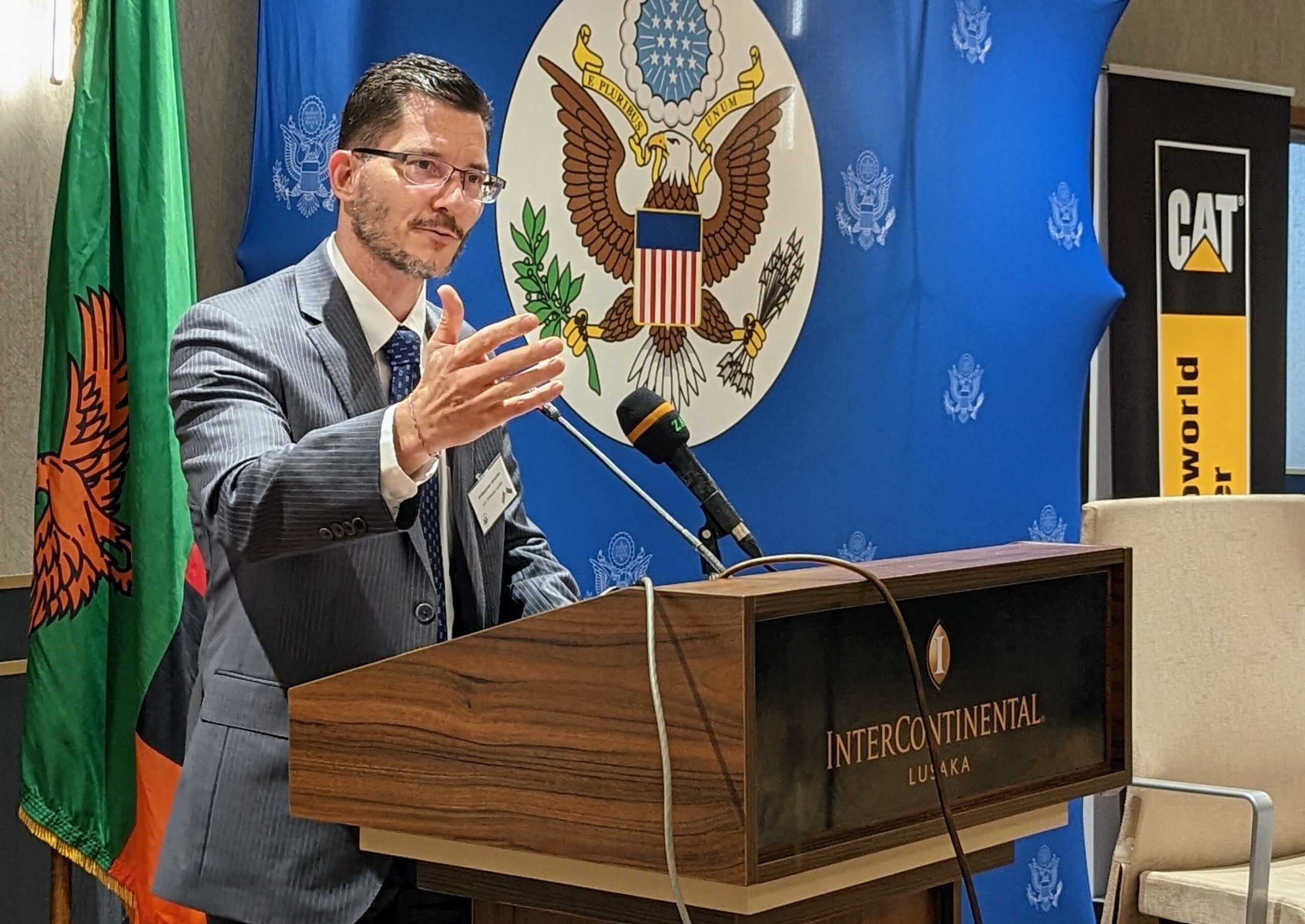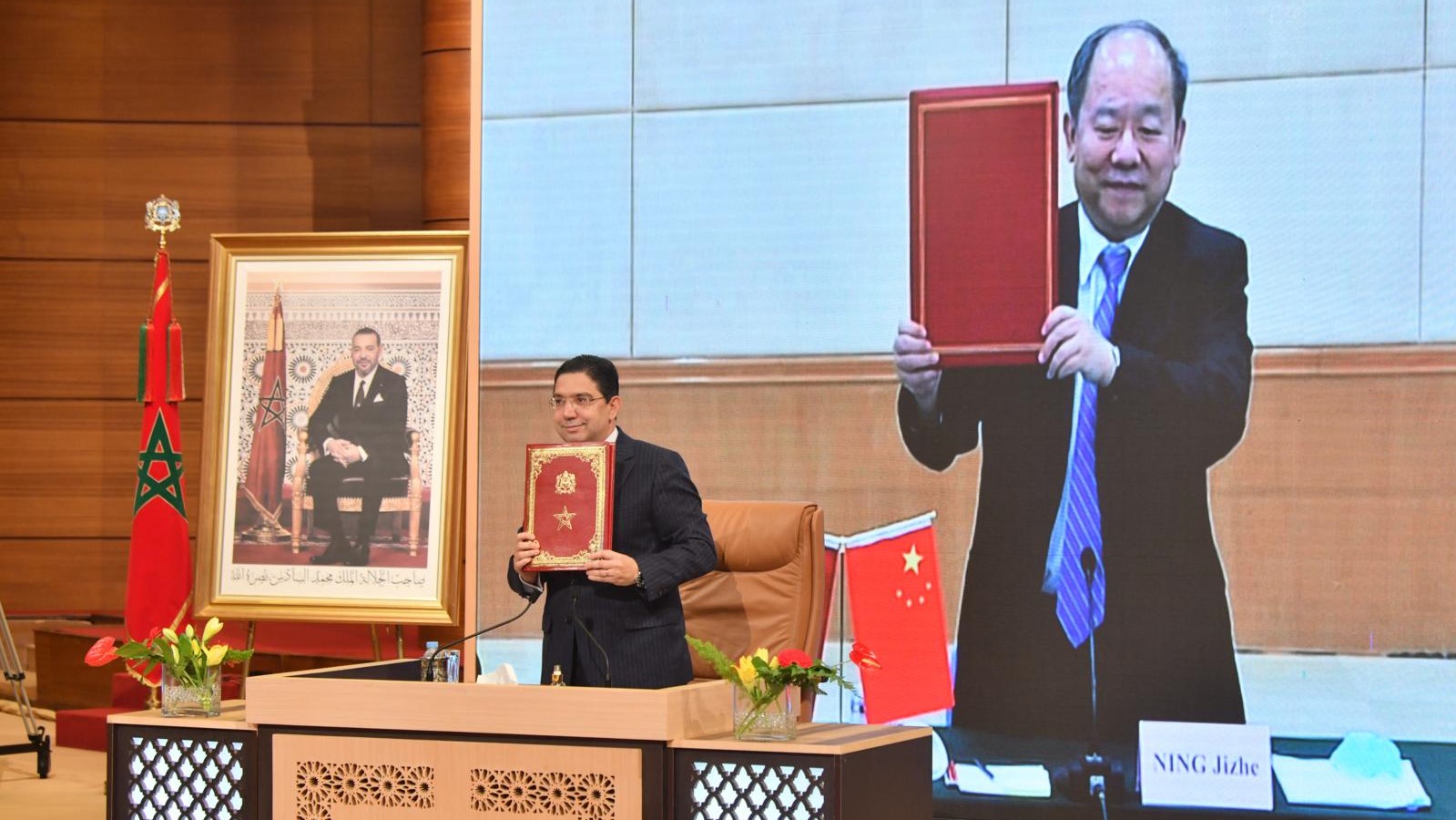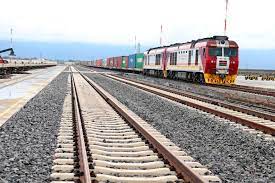The European Union’s recently agreed-upon Critical Raw Materials Act (CRMA) does not target China but is aimed “simply [at] diversifying sources of supply,” a senior EU official has said, just as a recent study highlighted the bloc’s continuing efforts to close deals with resource-rich African nations to reduce its dependence on China for critical raw materials.
The EU’s CRMA, recently adopted by co-legislators from the European Parliament and the Council, “represents a significant step in securing the supply of essential materials for the EU’s future in a green and digitized economy,” says a recent report by Deloitte. “The CRMA is a key component of the EU’s strategy to maintain a competitive edge in the global shift towards sustainable development.” A senior EU’s official has now reportedly denied that the bloc’s plan to diversify its supply of strategically critical raw materials specifically targets China, a move that could be seen as trying to ease increasingly fraught relations between Brussels and Beijing. “…this is not an ‘antagonizing China’ question,” the official said and added that “we will continue to buy a lot of materials from China … we just like to not depend 99% on rare earths [from China], like we won’t want to depend at 71% for South African platinum or at 90% on boron from Turkey.”
But the official’s comments come amid growing concerns over China’s dominance in the critical raw materials market, and particularly at the processing stage. A recent report by Benchmark Source confirms these concerns when it points out that Chinese firms currently have financial stakes in 18 of the 26 cobalt-producing assets in the Democratic Republic of the Congo (DRC) and 80% of lithium mines across Africa. To break China’s grip on Africa, the EU has agreed a number of partnerships, including with the DRC, Zambia, Namibia, Angola and Rwanda, aiming “to stimulate private investment in Africa’s mining sector and associated infrastructure to develop alternative critical mineral supplies and trade routes for Western allies”, according to the report. Africa currently accounts for 78% of global cobalt supply, 19% of flake graphite supply, and 4% of lithium supply, according to Benchmark data.



